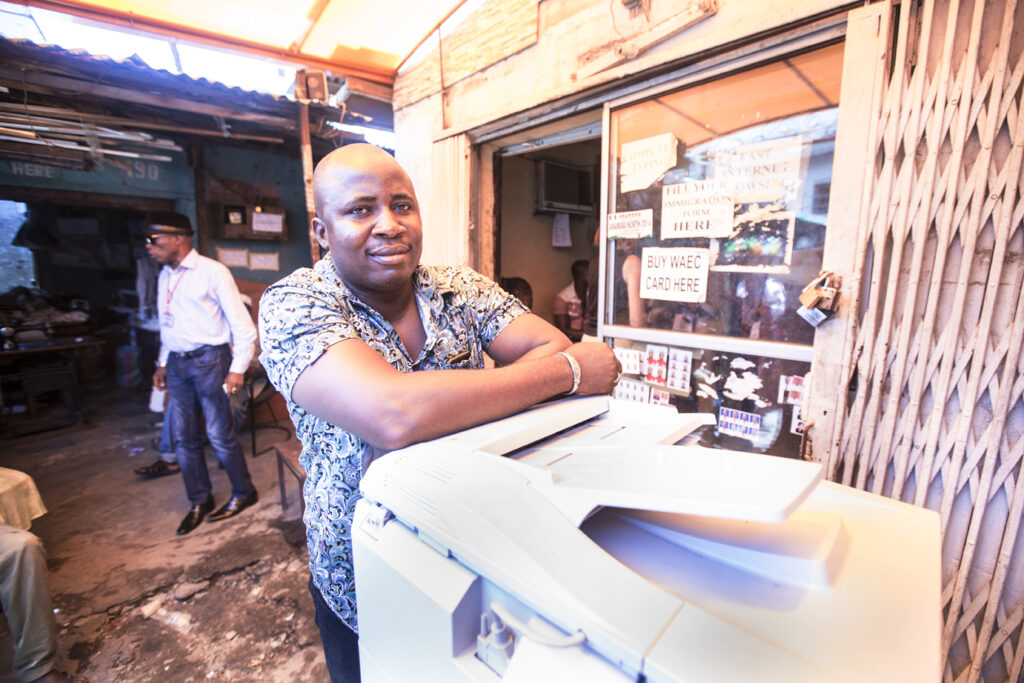
All over the world, small loans to individuals and small businesses are increasingly made using digital channels — whether online, via a mobile device, or through an agent. However, trust, confidence, and responsible lending practices need to be in place to ensure this industry is successful and its customers are protected and empowered.
This report outlines the digital credit landscape and the risks customers face, and examines the best practices, standards, and initiatives that exist or should be implemented to improve consumer protection in digital lending. Ultimately, it will take a village to ensure that digital credit clients are protected — including governments, regulators, industry players, advocates, and consumers. There are three key activities: 1) industry self-regulation; 2) certification of digital credit providers; and 3) directly empowering consumers, as key to the future of what responsible digital credit looks like.
This report is published jointly with the Smart Campaign and was made possible by support from Mastercard Foundation and other partners.










